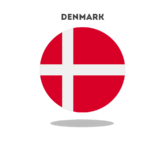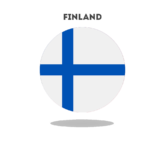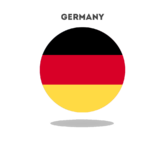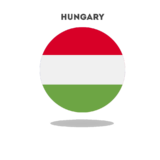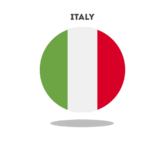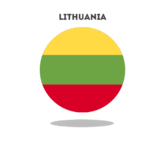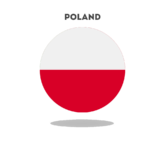
The European Commission (EC) is an institution of the European Union, responsible for proposing legislation, implementing decisions, upholding the EU treaties and managing the day-to-day business of the EU. Commissioners swear an oath at the European Court of Justice in Luxembourg City, pledging to respect the treaties and to be completely independent in carrying out their duties during their mandate.
The Commission operates as a cabinet government, with 28 members of the Commission (informally known as “commissioners”). There is one member per member state, but members are bound by their oath of office to represent the general interest of the EU as a whole rather than their home state. One of the 28 is the Commission President (currently Jean-Claude Juncker) proposed by the European Council and elected by the European Parliament. The Council of the European Union then nominates the other 27 members of the Commission in agreement with the nominated President, and the 28 members as a single body are then subject to a vote of approval by the European Parliament.The current Commission is the Juncker Commission, which took office in late 2014, following the European Parliament elections in May of the same year.
The Commission was set up from the start to act as an independent supranational authority separate from governments; it has been described as “the only body paid to think European”. The members are proposed by their member state governments, one from each. However, they are bound to act independently – free from other influences such as those governments which appointed them. This is in contrast to the Council of the European Union, which represents governments, the European Parliament, which represents citizens, the Economic and Social Committee, which represents organised civil society, and the Committee of the Regions, which represents local and regional authorities.
WORKING LANGUAGE: ENGLISH.

